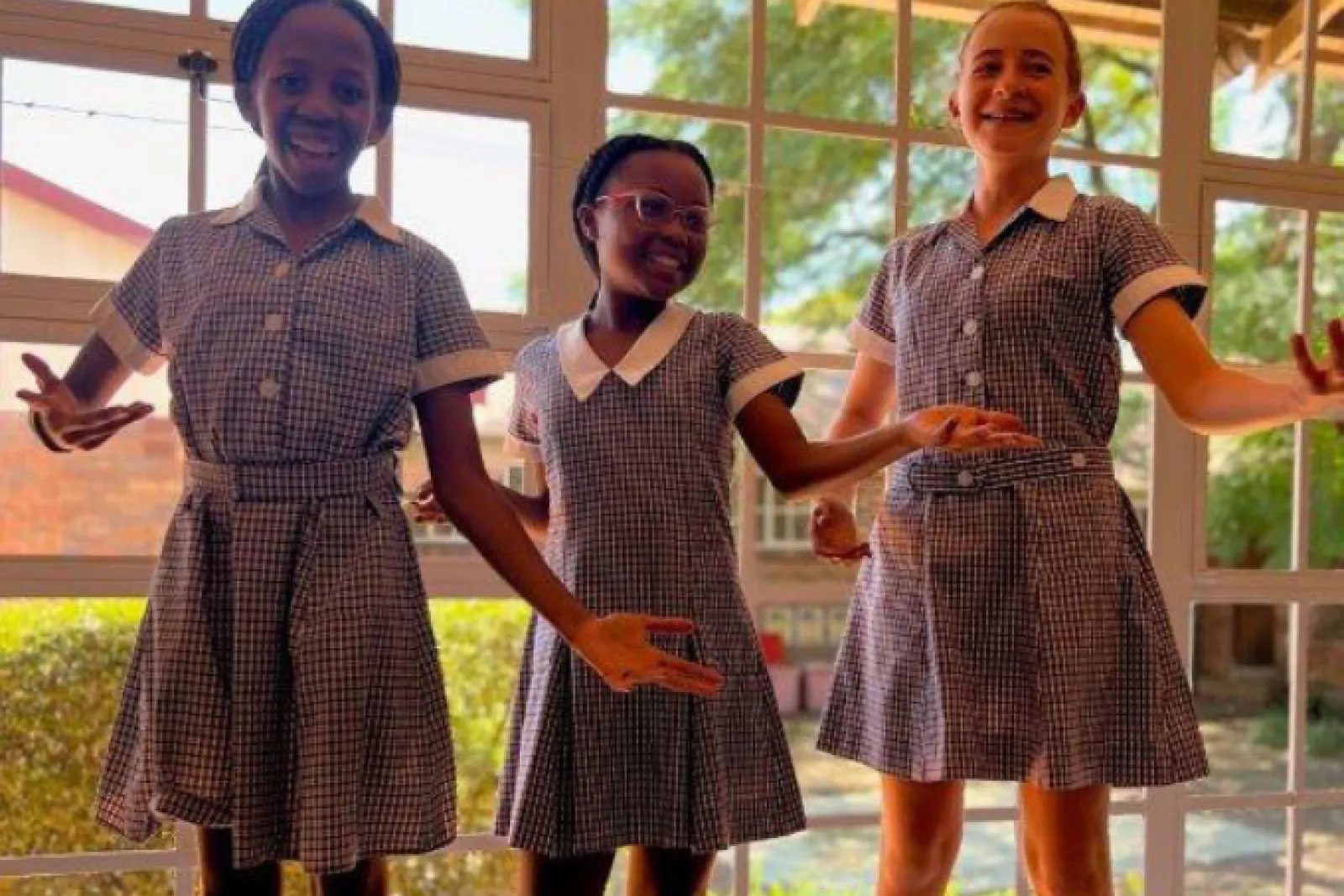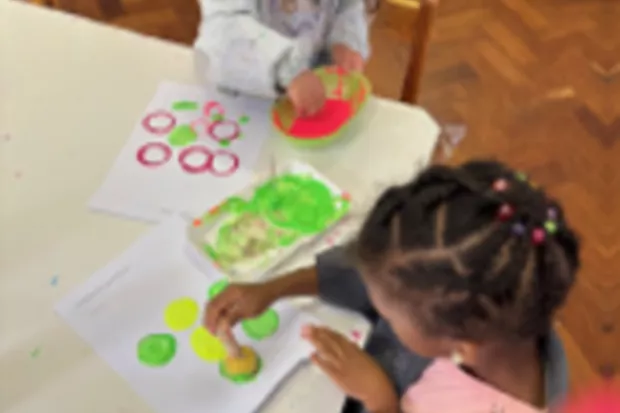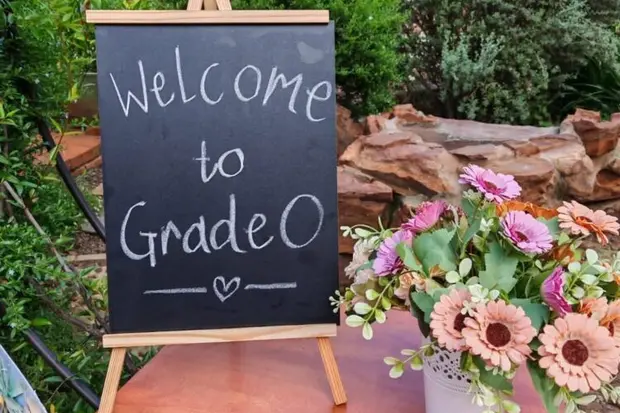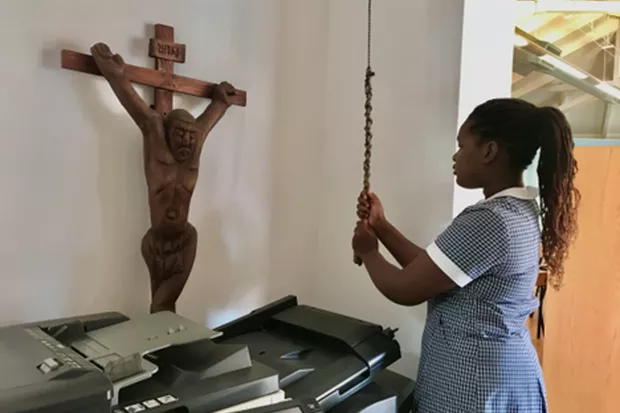From the Junior School head's desk: 9 February 2024

The observation that “adults don’t like change” is widely accepted and evidence of our resistance to change is easy to find, cite and pathologise. I am not sure, however, that we recognise the difficulties our children encounter when they are faced with change and how evenly they balance an appetite for new experience with a desire for things to remain exactly as they were. We speak about the adjustment involved in progressing from one grade to another, and we understand the effect that big changes – like moving house – have on our children’s psyches; about the smaller tweaks and transformations, we remain resolutely sanguine and largely silent.
I am made aware of just how much children and, possibly, girls specifically, mind change when I host groups of the Grade 7 girls for tea in my office. It’s a great tradition, and one I appreciate more with each passing year, not only for the simple luxury of eating and drinking in each other’s company, but also for the opportunity it gives me to pay attention to the particularity of this age group. I am familiar with the arguments for why girls of 12 going on 13 might be better placed in a middle school or high school environment, and I see and feel their yearning for what they imagine are bigger, better things. Still, we would miss them; their “devout complexity” (a phrase used by a critic to describe the character of Viola in Twelfth Night) brings a depth and humanity to our conversations and considerations that is sorely needed – even, or especially when it feels at its most inconvenient.
Listening to the Grade 7s express their thoughts and wishes in language that is not entirely their own (part-parent, part-peer), while they are caught between looking back and ahead, you are returned to a time and place of thresholds. The girls test new terrain and argue at the same time for the preservation of familiar ways with an earnestness that is as unbelievable as it is spellbinding.
Explaining why their teachers and I have altered our approach to different aspects of their experience, from the mechanics of the timetable to the orientation of the curriculum, while absolutely our duty and prerogative, is an exercise in patience and empathy. Often, the girls do not see the need for change, even in a practice they recognise is not working well: their argument amounts to something like, we know the shortcomings of this arrangement, and we’ve learnt to work around it; disrupting the original arrangement, disrupts the compensatory behaviour we have devised in response and that’s just, well, unnecessary.
While it is definitely the case that the girls begin their Grade 7 year better at identifying problems than solving them, their willingness to engage, and their intentness in discussion is worth celebrating. Openness to change, which is different from delight in novelty, is learnt, with guidance and good discussion, and the girls’ mostly healthy skepticism reminds us that innovation without integrity has no place in education.
Speaking of change, we have just finished our series of Family Day services, which we would like to repeat – with some changes! – next year. We have spent time analysing why some of the services were better attended than others, as well as identifying aspects of the experience that might be improved by more explicit communication about our expectations. This includes a reminder that the chapel is reserved for worship and the gathering of community. It is distinct from a purely performance venue, and taking photographs, reserving seats, and consuming beverages have no place in our services. The girls know this, the same way they know the difference between the adult and children’s tables when we share refreshments afterwards. Please take their lead on these occasions and show your respect for their well-developed understanding of community and deeply felt sense of fairness.
SARAH WARNER
JUNIOR SCHOOL HEADMISTRESS
Related News

Little Saints News

Grade 0 News

Grade 7 News
